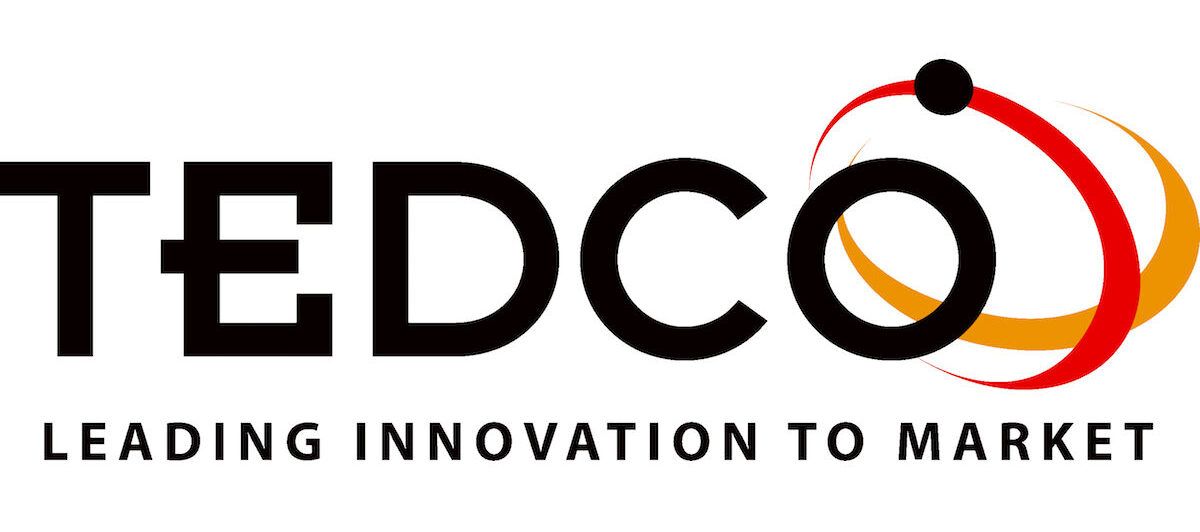What business leaders say Maryland should learn after losing out on Amazon HQ2
Some have argued that Maryland losing out out on Amazon’s second headquarters was actually a good thing since the state won’t have to provide billions of dollars in tax incentives to the online retail behemoth and deal with more traffic congestion. Sean Looney could not disagree more.
“It’s like the Orioles saying we didn’t win the World Series, so we didn’t have to clean up the champagne,” said Looney, a vice president of government affairs for Comcast Corp.
Despite a $5.84 billion incentive package from Maryland, Amazon chose to split its HQ2 between Northern Virginia and New York. Looney, speaking at the Maryland Economic Development Association’s winter conference in Annapolis, called HQ2 a a major loss for Maryland and asked a panel of business leaders what lessons the state should take away from the process.
Donald C. Fry, CEO of the Greater Baltimore Committee, said he could not point to one specific issue and said he thought the state made a “major play.” He said the state should continue to look at improving issues like taxation, workforce development and transportation.
“The reality is sometimes you’re not going to know because the back rooms are where these decisions are made,” Fry said.
Specifically to Baltimore’s bid to bring HQ2 to Port Covington, Fry said leaders were able to figure out the city’s assets and weaknesses. For the state, he said the HQ2 process showed a willingness by state officials to “take a step forward.”
“It was one of the boldest things we’ve seen put forth by the state in decades,” Fry said.
Jack McDougle, CEO of the Greater Washington Board of Trade pointed out that despite not being chosen, Maryland’s bid in Montgomery County still beat out 200 other proposals to be among the final 20. He said an improved tax environment and looser regulations could help the state but said the HQ2 process showed “there is an economic play here.”
“Just keep it up,” McDougle said. “I think this is just the opening salvo for us as a region…Really leverage this as an opportunity going forward.”
Maryland Tech Council CEO Martin Rosendale also said the state should address its tax structure and also continue focusing on the “innovation economy.”
Taxes were top of mind as well for Christine Ross, CEO of the Maryland Chamber of Commerce. She said Maryland is at a disadvantage because its corporate income tax rate is 8.25 percent.
“We are just not competitive,” Ross said. “Virginia has a new bill to lower its corporate income tax rate from 6.5 percent to 5 percent. We are at 8.25 percent. We have a competitiveness problem.”
The Chamber of Commerce plans to push the General Assembly this year to lower Maryland’s corporate income tax to 7 percent, the level it was until the General Assembly raised it in 2007. Ross said the Chamber has put together a task force, including executives from T. Rowe Price Group Inc. and McCormick & Co. Inc., to lobby lawmakers across the state.
“Wee at the chamber believe this is the critical competitiveness issue for the state,” Ross said.
McDougle said the state should look at its tax environment from a broad perspective as well as look at loosening regulations. He noted that other states attract companies even though they have high-tax environments. He also said Maryland needs to ensure it is easy for companies to do business and that there is a “steady flow of talent.”
“I think too often we find ourselves looking at issues in isolation,” McDougle said. “It’s particularly important when we talk to folks in the policy world to help them understand what all of the connected effects are when we tell them these things.”
Corporate tax revenue accounts for about $1 billion per year, a relatively small portion of the state’s annual budget, Fry said. Maryland’s Transportation Trust Fund, which is used to pay for transportation projects across the state, receives a portion of its funding from corporate taxes, so Fry said the state should be careful if it chooses to adjust the corporate tax rate.
Senate President Thomas V. Mike Miller Jr., who spoke later at the event, said he opposes lowering the corporate income tax rate. Instead, he prefers lowering the individual income tax rate.
“We are paying a higher rate of tax as individuals in the state of Maryland than the corporations are already,” Miller said. “Will keep working on that.”



